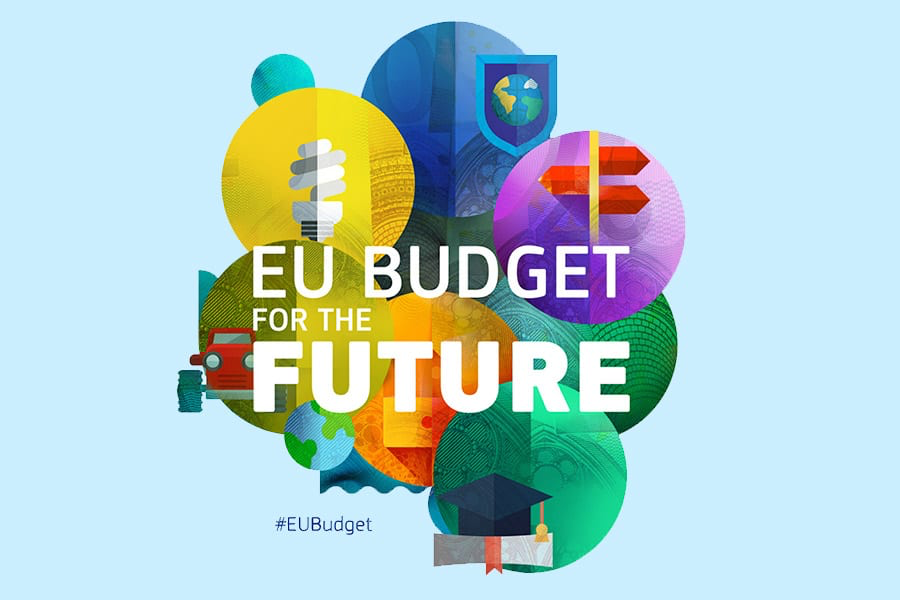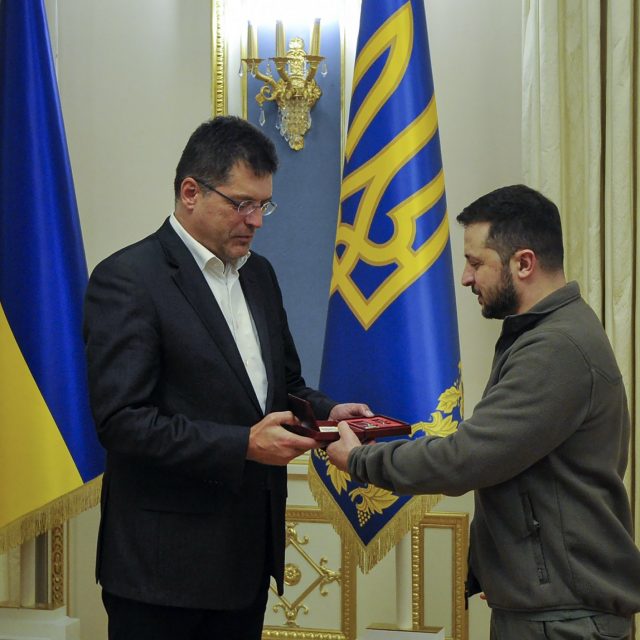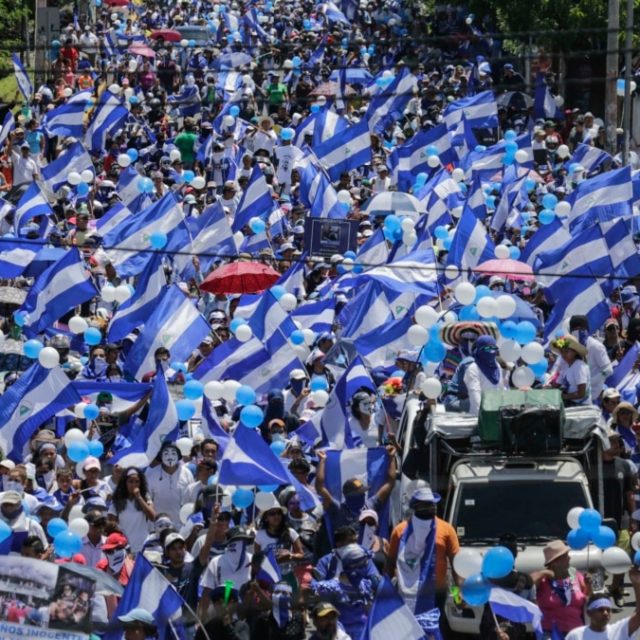The European Economic and Social Committee (EESC) has forcefully reiterated its call for a Multiannual Financial Framework (MFF) of 1.3% of EU-27 gross national income (GNI) for the period of 2021-2027. The Committee called on the European Parliament to insist on a strong budget in its negotiations with the Council. This call comes at a crucial moment on the way towards an agreement on the next EU long-term budget, with the European Council addressing the issue again on 20 February.
During a debate on the state of play of the MFF negotiations with the chair of the European Parliament’s Committee on Budgets, Johan Van Overtveldt, EESC members called on the European Parliament to stick up for an ambitious EU budget. Against the current backdrop of geopolitical and economic uncertainties, global megatrends, societal challenges and the new European Green Deal, the European Union needed to adopt a strong budget that reflected its intended actions. The debate took place during a meeting of the Committee’s Section for Economic and Monetary Union and Economic and Social Cohesion (ECO) on 4 February.
Opening the debate, ECO section president Stefano Palmieri pointed to the Committee’s particular interest in a satisfactory outcome of the budget negotiations. The president recalled the problem at hand: the Commission had proposed an MFF of 1.11%, the European Parliament of 1.3% and the Finnish presidency of the Council of 1.07% of EU-27 GNI. The EESC continues to support the Parliament’s position. “It is crucial to have a coherent MFF post 2020 able to face the new challenges for the EU: the new green deal, changes brought about by the digital economy and the importance of maintaining an effective cohesion policy,” concluded Palmieri.
The guest speaker Mr Van Overtveldt pointed out the special circumstances of the current negotiations. Having the negotiations at the beginning of the new political cycle could affect political ownership positively, but the new composition of the European Parliament would make it more difficult to reach a majority, for which at least three political groups were now necessary. It was uncertain how the unity of the Parliament behind the call for 1.3% of GNI would evolve during the negotiations with the Council; the result undoubtedly and inevitably would be a compromise figure.
“I can certainly say that it is the firm intention of the European Parliament to have a tough negotiation on where that compromise eventually will be. I feel very strongly that with respect to the Parliament’s demand for more genuine own resources for financing the EU budget there is a big red line,” Mr Van Overtveldt said. For the Parliament, the Rule of Law Mechanism would be an important element of the negotiations. While talks with the Croatian presidency and European Council President Charles Michel were developing positively, the Parliament would insist on a contingency plan, as “no deal” before 1 January 2021 could not be ruled out, which would have adverse effects on the timely start of the new programmes.
During the debate, EESC members highlighted the importance of the next MFF for the future of the European Union. Now more than ever, the EU needed a credible and ambitious new budget to give the EU the financial means to deliver on the expectations of the people. The Parliament’s proposal for the MFF post 2020 would reflect people’s needs and desires, ensured Mr Van Overtveldt.
EESC member and former EESC president George Dassis and other participants in the debate believed that the European Union needed to learn its lesson from Brexit. Mr Dassis warned against failing to do that. “If those who are in power don’t realise that they have to be much bolder and that we need to reinforce cohesion in Europe, then any budgetary savings that they think they are going to make could end up being very costly.”
Javier Doz, rapporteur, raised his concerns about the compatibility and consistency of the Green Deal and the Just Transition Mechanism with the Commission proposal for the MFF post 2020.
“The European Green Deal requires EUR 1 trillion over a period of 10 years, that means more or less EUR 100 billion per year. The annual budget from the MFF that runs out at the end of this year is something like EUR 170 billion per year. That gives us an idea of the magnitude that the deal represents,” explained Mr Van Overtveldt. The Green Deal would thus constitute a major game changer for the MFF, and regarding its financing there were still lot of uncertainty.
In the course of the debate, the financing of the European Green Deal took centre stage. Tommaso di Fazio and other EESC members believed that the MFF was likely to fail to meet its needs, and that “fresh money” on top of the MFF figures was necessary.
With regard to enhanced private sector involvement, speakers firmly believed that stability and certainty were key. They urged decision-makers to take the necessary steps to complete Economic and Monetary Union and reduce debt and leverage, which are deemed much too high. The Banking Union and the Capital Markets Union were crucial to enhancing private funding.
On this point, EESC member Daniel Mareels called for incentives for leveraging private investment, alongside public money. Participants saw a need to improve the business environment and introduce proper regulation for green financing. The future role of the European Investment Bank and the conservation of its AAA rating were also deemed to be crucial.
Finally, speakers urged the heads of state and government, which were due to discuss the MFF 2021-2027 again on 20 February at a meeting of the European Council, to reach an agreement to which the European Parliament could give its consent.




